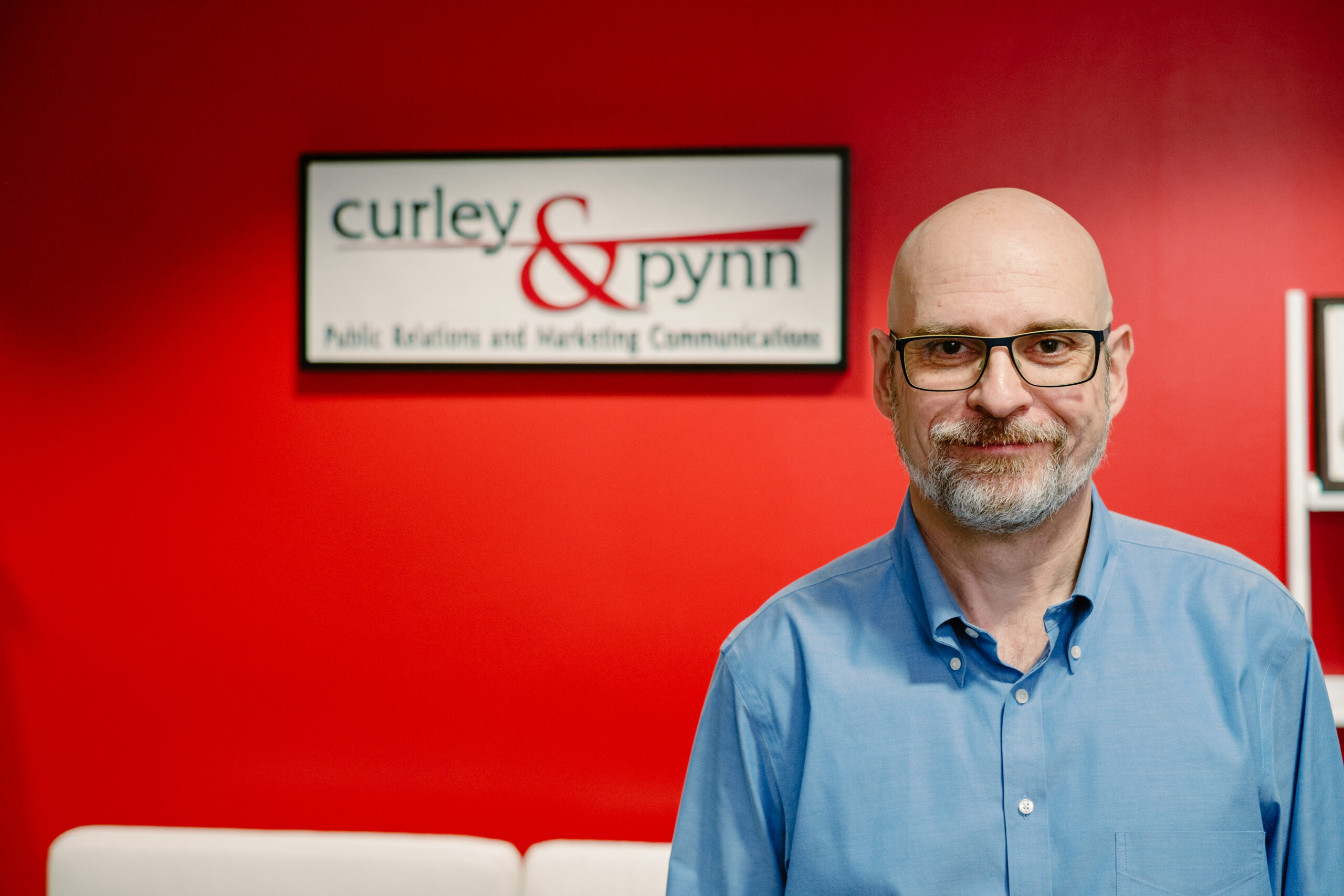Understand Who Signs Your Paycheck

April 8, 2021
By Roger Pynn, APR, CPRC
Public relations professionals are taught how to identify audiences from employees to retirees, stockholders to stakeholders, and journalists to influencers. And, to understand those audiences, we are taught research methods such as surveys and focus groups, media scanning, and analysis of everything from tone to content in coverage.
But one of the audiences that can be taken for granted is the people we work for and with … whether co-workers or clients. In particular, the C-Suite is an often-overlooked audience we need to understand and reach.
Ask the average young graduate if they’ve ever been told they should focus their research on the person who signs their paycheck. And, has anyone ever discussed with them the generational differences that might influence what they find? After all, today’s Gen Z grads are likely working for a C-Suite full of Baby Boom, Gen X and Millennial execs.
What they think, and why, is critical knowledge to a young communicator because all those boardroom leaders have communication needs and want to influence the messaging they will be asked to develop.
Generational knowledge and understanding may be one of the most deciding characteristics in their job search in a society that demands communication to members of seven living generations.
When we are onboarding a new client and the conversation gets to media relations, we always ask, “What do you read?” One CEO recently responded that the one thing he reads religiously is FORTUNE’S CEO Daily, a free eNewsletter by FORTUNE CEO Alan Murray.
So, I quickly subscribed and not only do I now know what may be driving his thinking, I understand why. It is an excellent piece to begin your day with and you’ll come away with important nuggets and thoughts on what’s driving business leaders. Murray – and several of his colleagues who occasionally pen a guest post for the newsletter – write about things your boss or client thinks about.
We often talk about Curley & Pynn’s Five Steps to Professional Success because they are the foundation of our culture. The first step is “Focus on what keeps the client awake at night.” You can bet that at the top of almost every CEO’s list are things that could have an impact on the bottom line.
Penned by Alan Murray’s Berlin-based associate David Meyer, the March 31 edition of CEO Daily focused on a fundamental bottom line issue: a gap in generational attitudes and, in this particular case, indicators of generational differences in economic thinking and what the author describes as the dangers of “absolutism” in the capitalism/socialism debate. You can bet that changing perspectives on economic thought – and their ultimate connection to the bottom line – keep CEOs awake at night. We can’t help CEOs get a good night’s sleep unless we understand those perspectives and their impacts.
As communicators, we need to understand such varying generational perspectives and the countless ways they manifest. Young communications professionals may be challenged as they balance their own values in an environment where they could possibly be at odds with leaders who see the world differently than they and their peers.
I’m not writing this to advocate for one or another and don’t mean this to be an ideological discussion. Rather, regardless of where you are on the generational spectrum, I urge you to look for insights about what’s on the minds of those who run the business and sign your paycheck.
It may just be the most valuable research you do.




